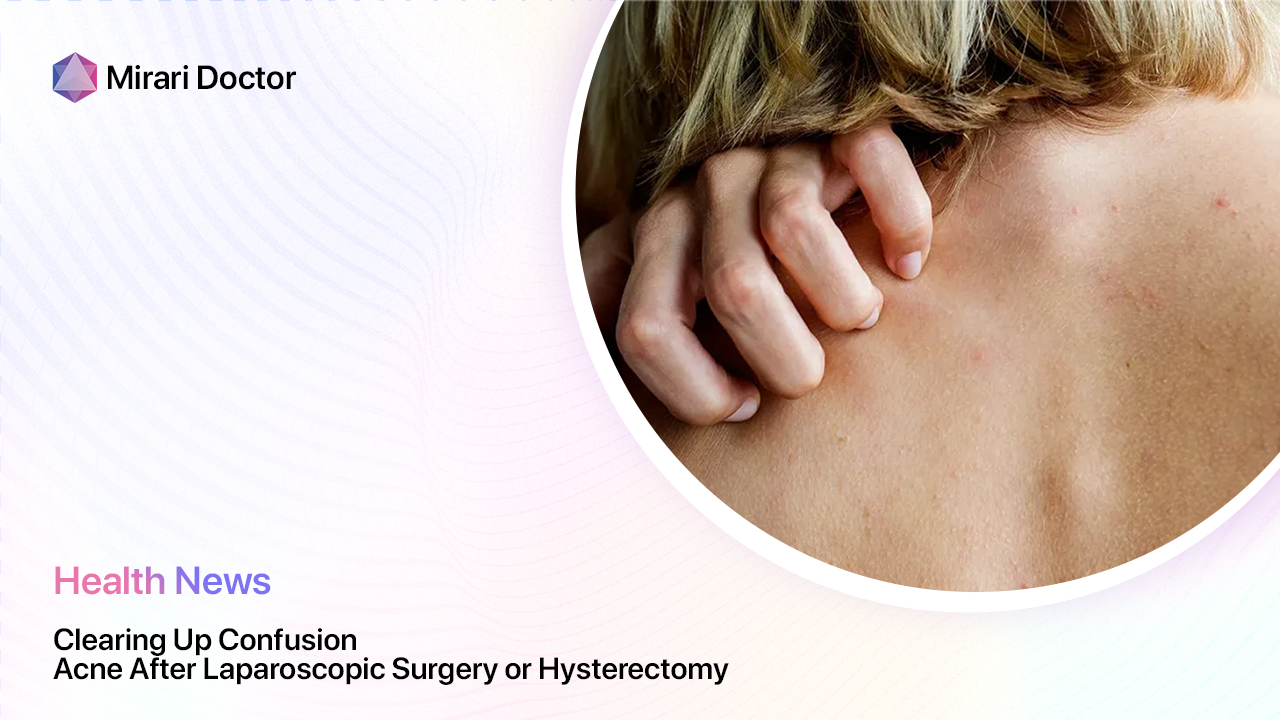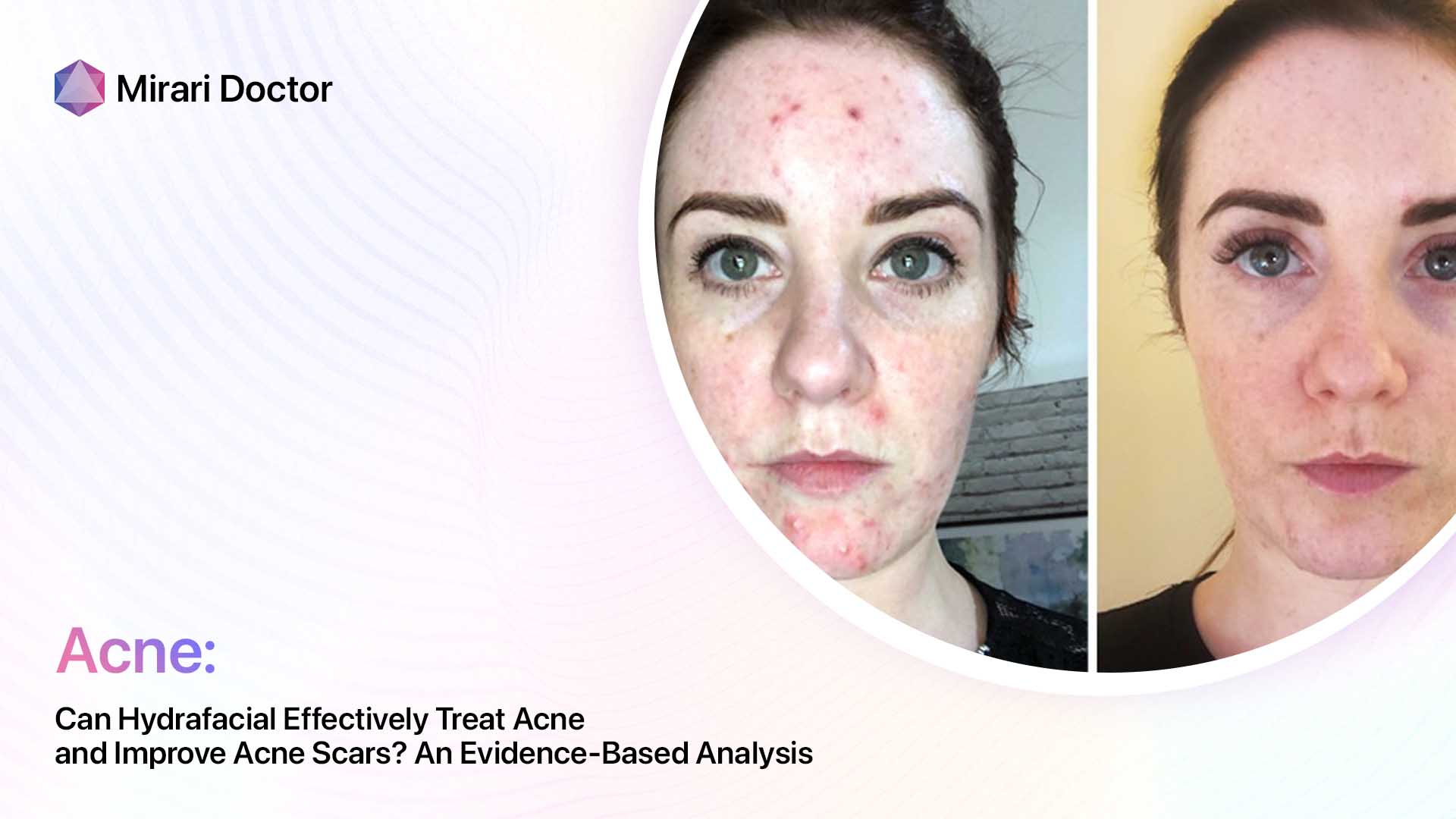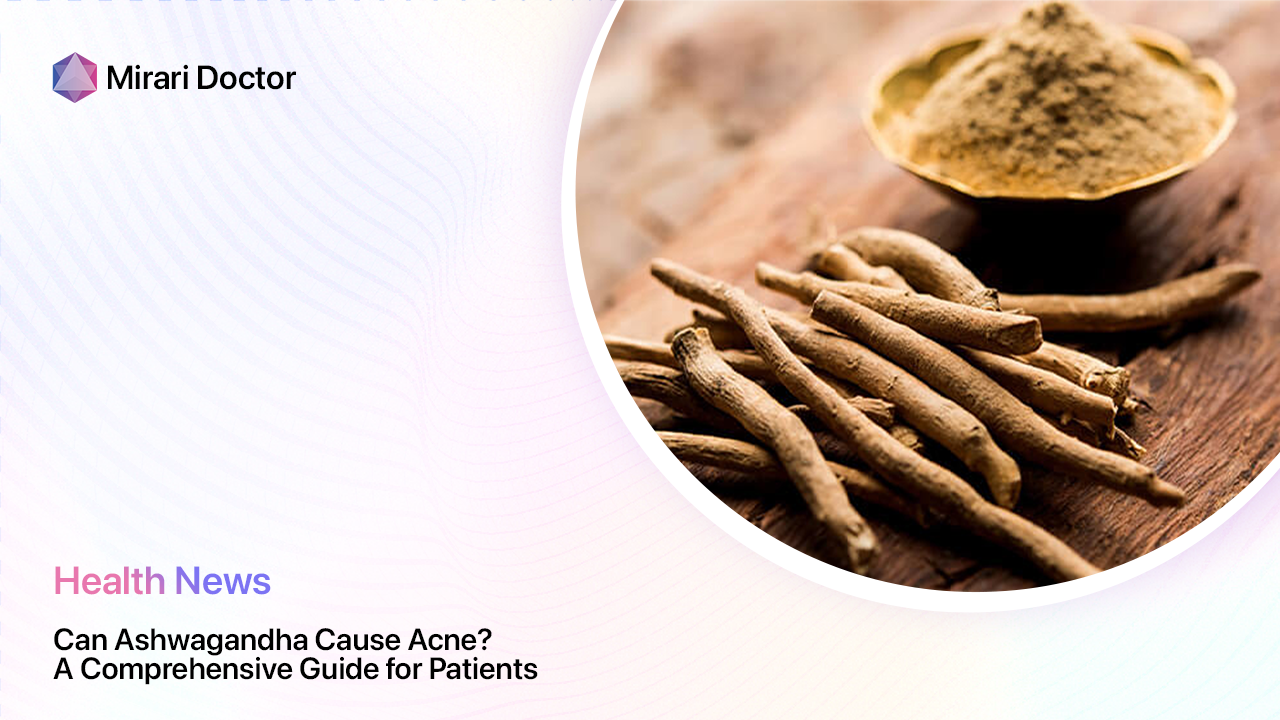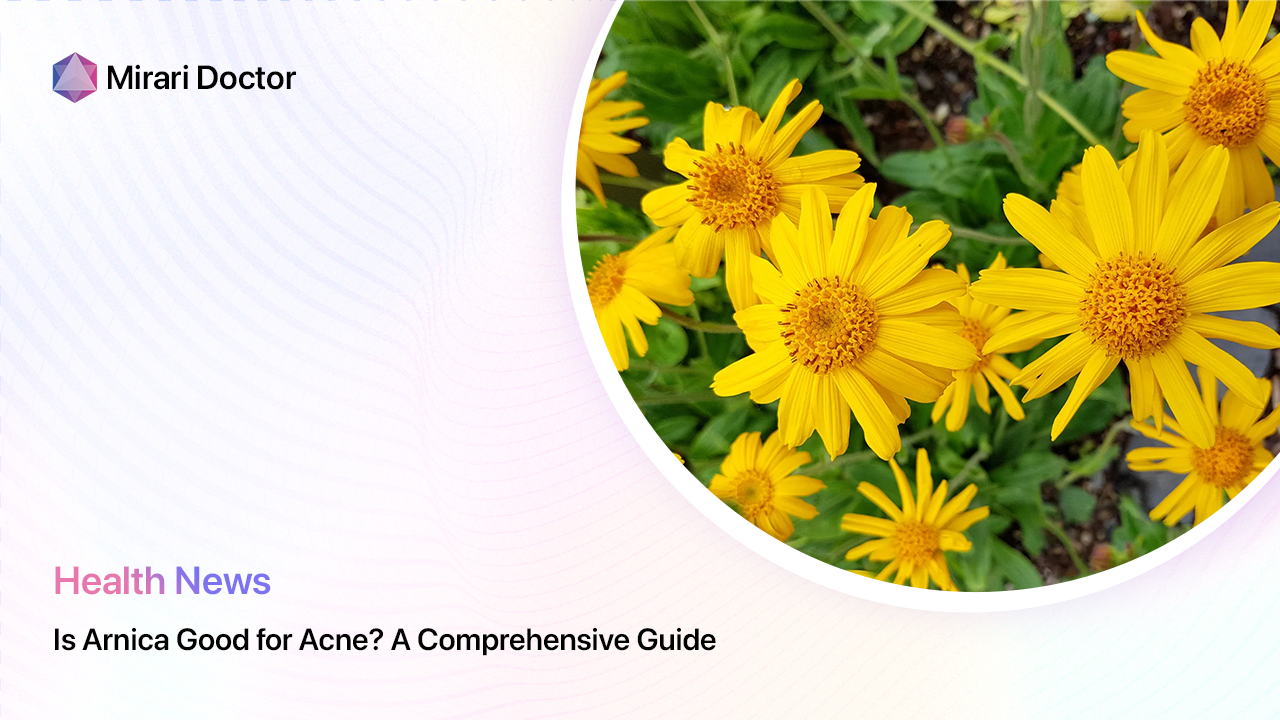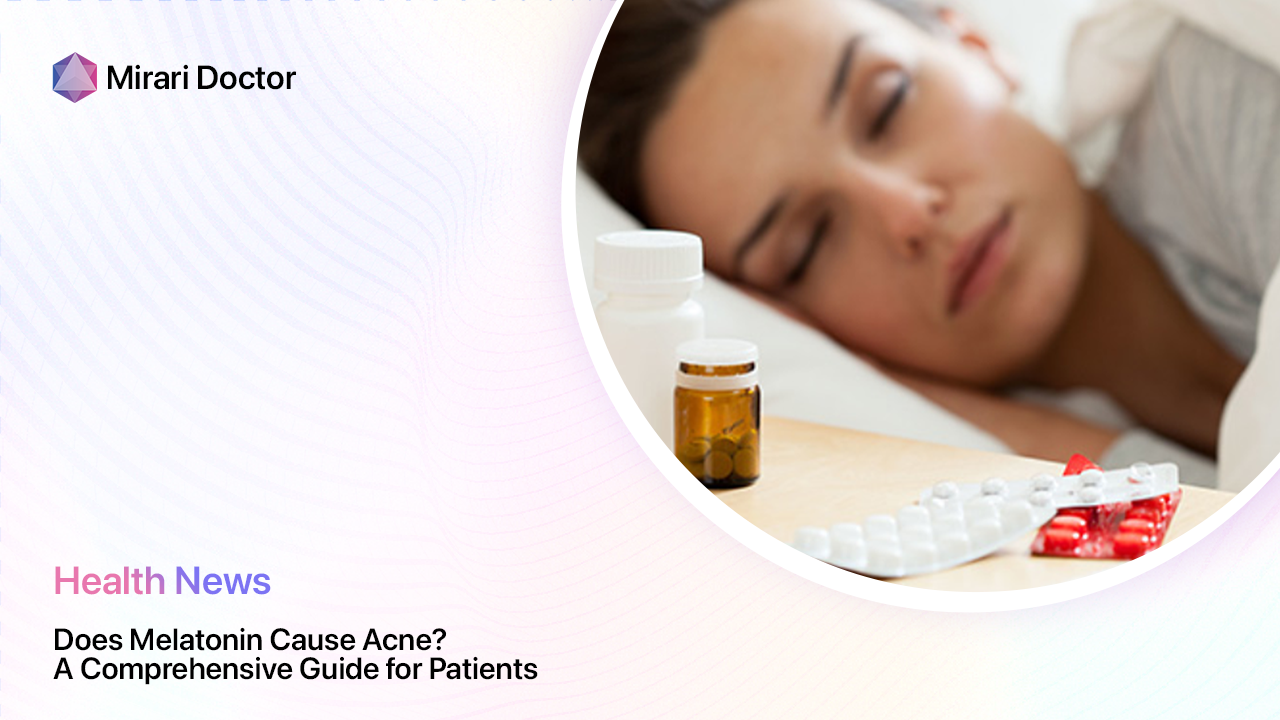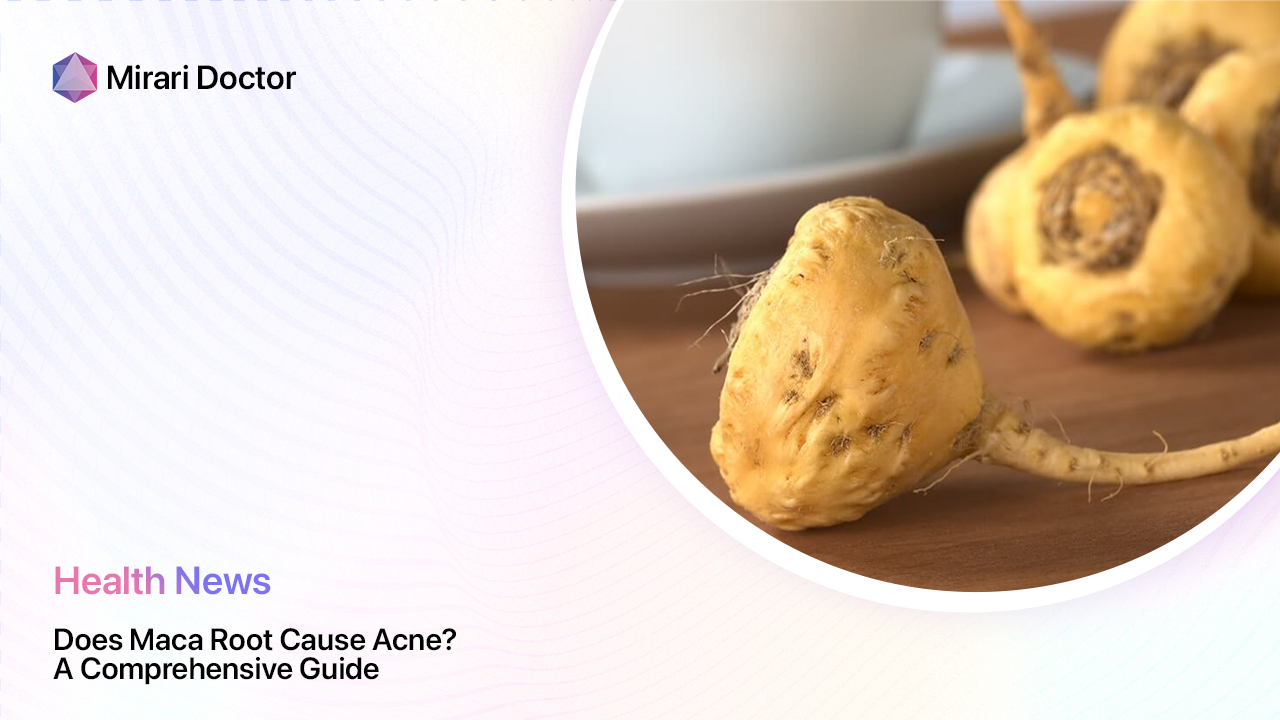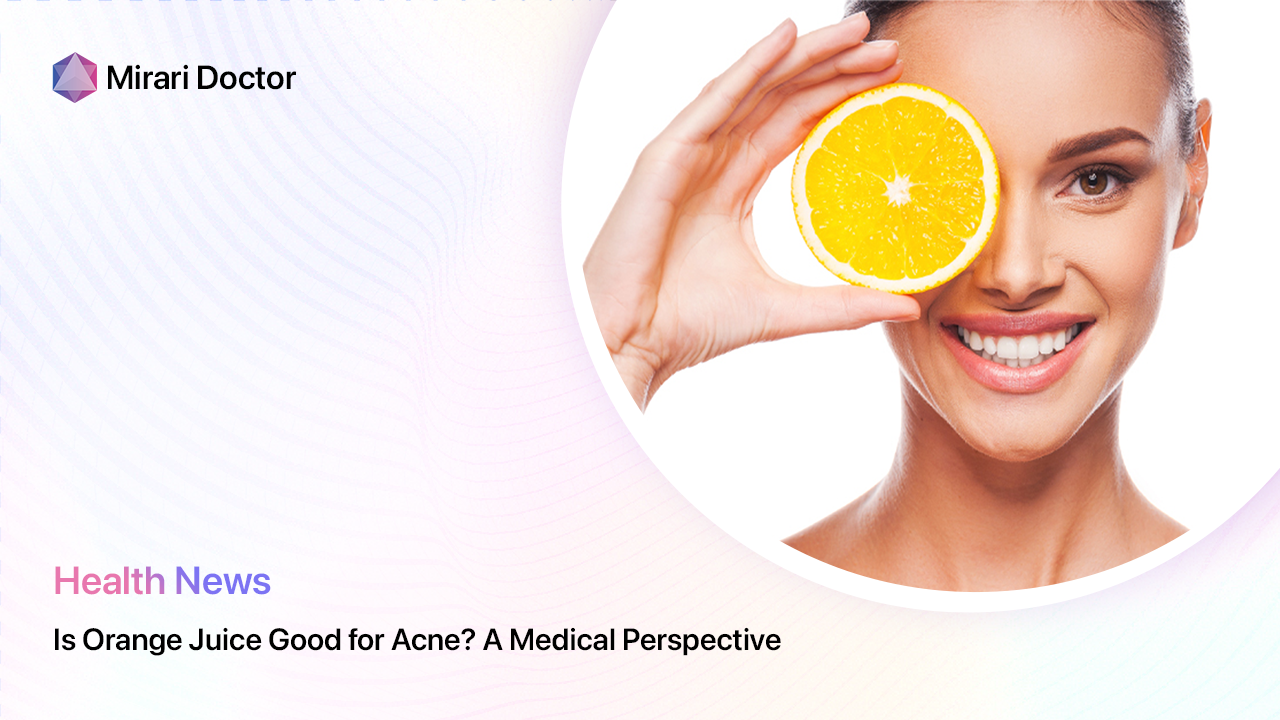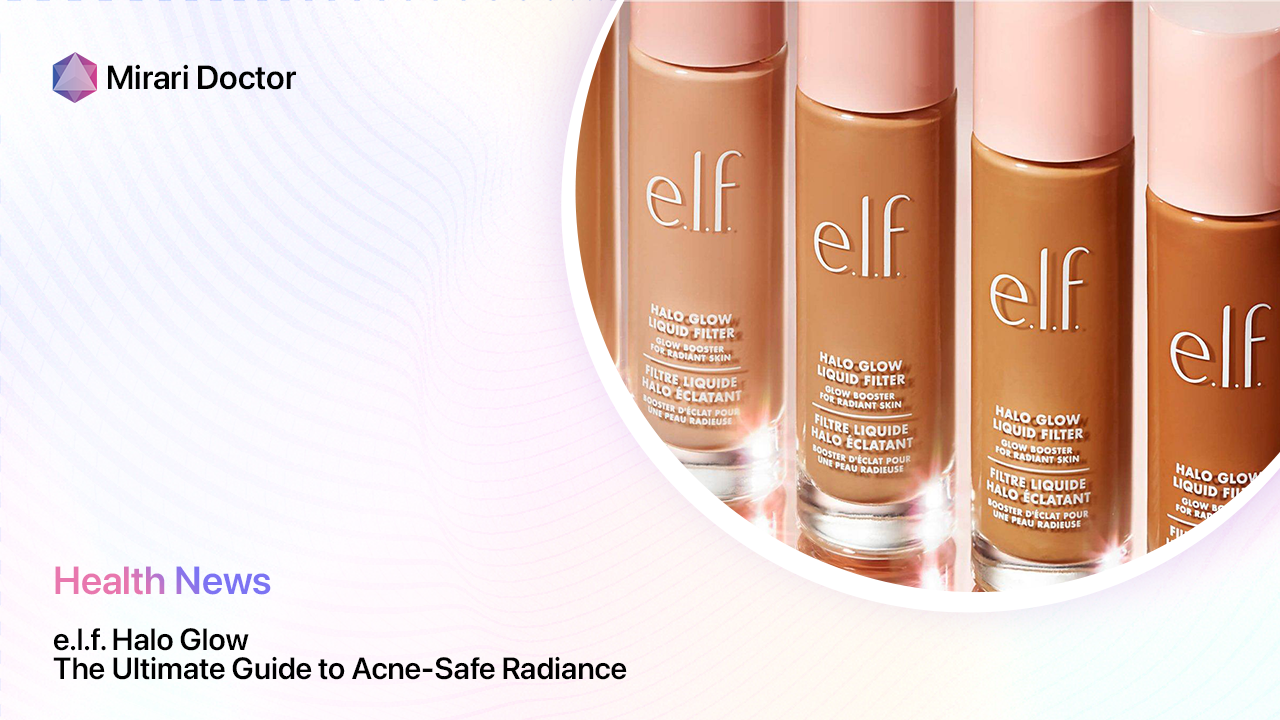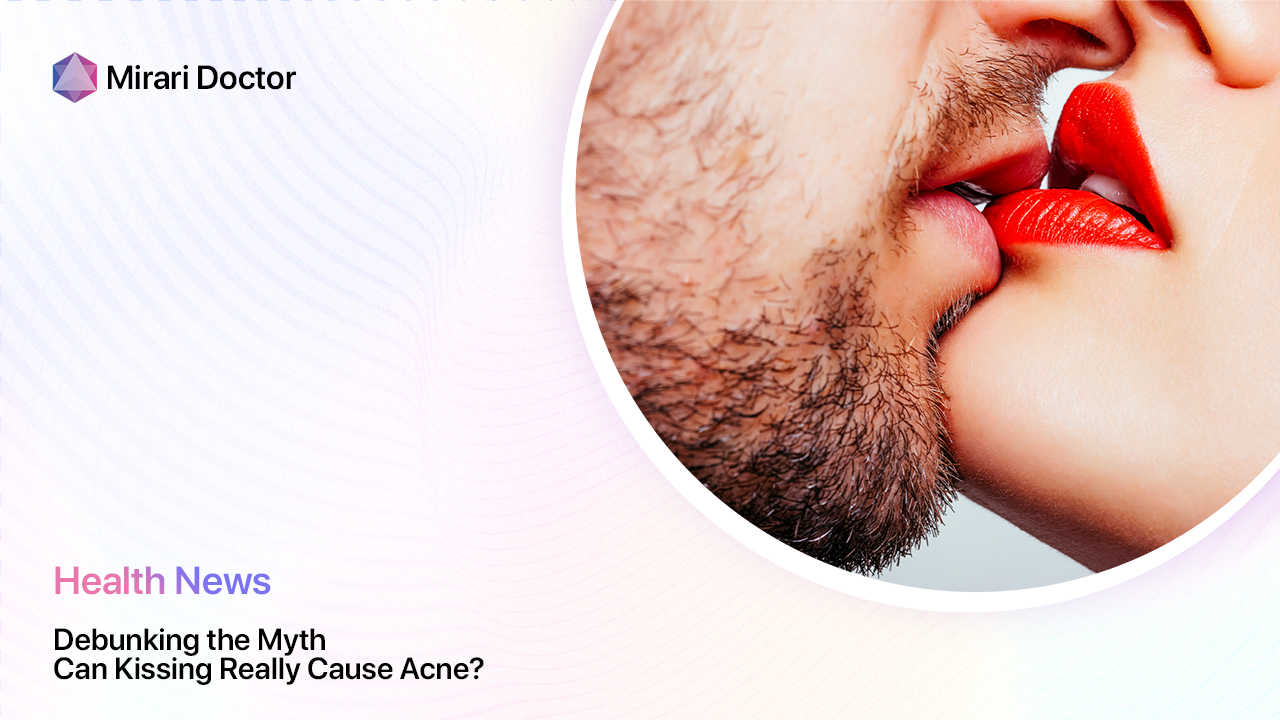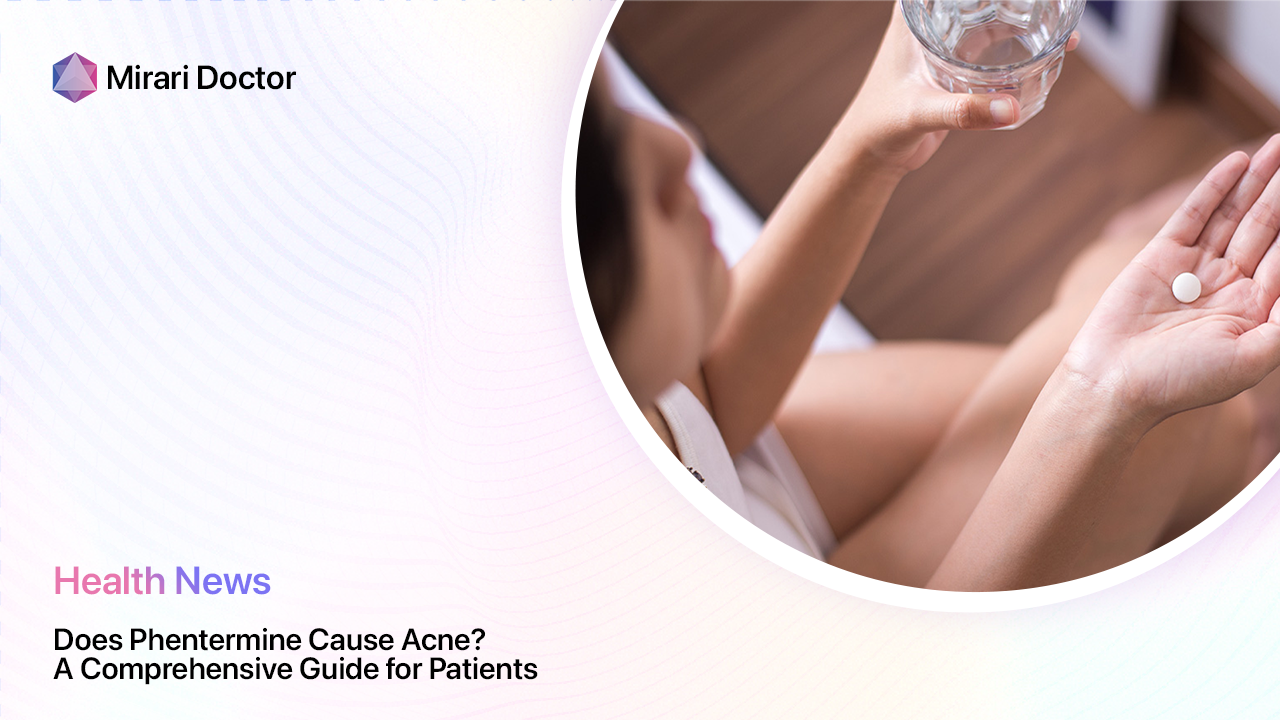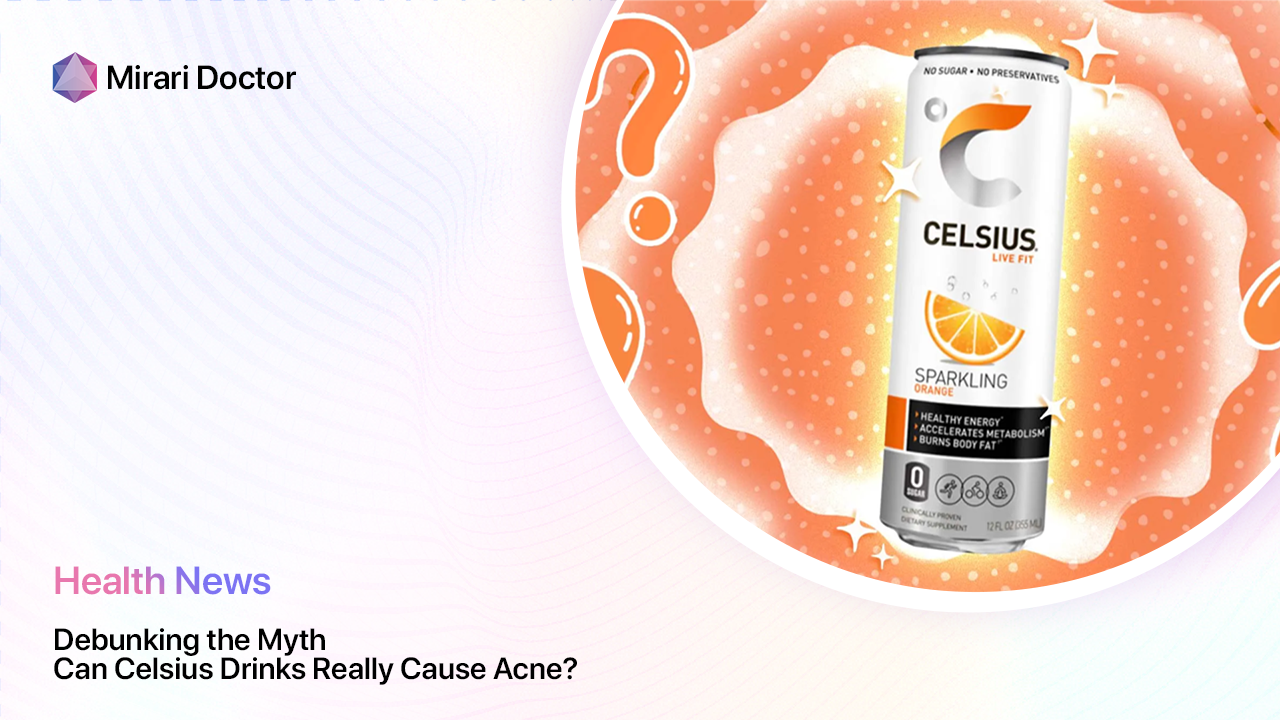
Acne is a common skin condition that affects millions of people worldwide, especially teenagers and young adults. While there are many known causes of acne, such as hormonal changes, genetics, and certain medications, there have been claims circulating online that Celsius energy drinks can also trigger breakouts. In this article, we’ll take a closer look at these claims and explore what the science really says about the relationship between Celsius drinks and acne.
What Are Celsius Drinks?
Celsius is a brand of energy drinks that has gained popularity in recent years, especially among fitness enthusiasts. These drinks are marketed as a healthier alternative to traditional energy drinks, with claims that they can boost metabolism, burn body fat, and provide essential energy.
Celsius drinks come in a variety of flavors and contain a blend of ingredients including:
- Caffeine (around 200mg per can)
- Green tea extract
- Ginger extract
- Guarana seed extract
- B vitamins
- Vitamin C
- Chromium
The company claims these ingredients work together to provide a clean, healthy energy boost without the crash associated with many other energy drinks.
What Are the Ingredients in Celsius Drinks?
Let’s take a closer look at some of the key ingredients in Celsius drinks:
Caffeine
One 12 fl oz can of Celsius contains around 200mg of caffeine, which is about the same as 2 cups of coffee. Caffeine is a stimulant that can increase alertness, improve concentration, and boost energy levels. However, consuming too much caffeine can lead to side effects like jitters, anxiety, rapid heartbeat, and sleep problems.
Green Tea Extract
Green tea is rich in antioxidants called catechins, particularly epigallocatechin gallate (EGCG). Some studies suggest EGCG may have a mild metabolism-boosting effect. Green tea also contains a small amount of caffeine.
Ginger Extract
Ginger is a spice with anti-inflammatory properties. Some research indicates it may help with nausea and muscle soreness. The amount of ginger in Celsius drinks is likely too small to have a significant effect.
Guarana Seed Extract
Guarana is a plant native to the Amazon. Its seeds contain caffeine as well as other stimulant compounds like theobromine and theophylline. Adding guarana to energy drinks increases the total caffeine content.
B Vitamins
Celsius contains several B vitamins, including niacin (B3), pantothenic acid (B5), pyridoxine (B6), biotin (B7), and cobalamin (B12). B vitamins help convert the food you eat into energy and play important roles in brain and nervous system function. However, unless you’re deficient, getting more than the recommended amounts of B vitamins likely won’t boost your energy.
Vitamin C
Also known as ascorbic acid, vitamin C is an antioxidant that supports immune function and skin health. The 60mg of vitamin C in a can of Celsius provides 67% of the recommended daily intake.
Chromium
Chromium is a trace mineral that enhances the effects of insulin and may help regulate blood sugar levels. Celsius contains 50mcg of chromium per can, which is more than 100% of the recommended daily intake. Some studies suggest chromium supplements may reduce food intake and cravings, but the evidence is mixed.
Are There Any Ingredients That Can Cause Acne?
While the ingredients in Celsius energy drinks are generally recognized as safe, there are a few that have been linked to acne in some studies:
B Vitamins
High doses of B6 and B12 have been associated with acne flare-ups in a small subset of people. One study found that vitamin B12 supplements changed the gene expression of skin bacteria, potentially contributing to acne development[1]. However, this doesn’t mean B vitamins cause acne in everyone.
Caffeine
Caffeine itself doesn’t cause acne, but it can make the body produce more stress hormones like cortisol. Increased cortisol levels stimulate the sebaceous glands to produce more sebum (skin oils), potentially clogging pores and triggering breakouts[2]. Caffeine can also disrupt sleep, and poor sleep quality is associated with more severe acne[3].
Sugar Substitutes
Celsius uses sucralose and erythritol to sweeten their drinks without adding calories or carbs. While these sugar substitutes don’t directly cause acne, some studies suggest they may negatively impact gut bacteria[4]. An imbalance in gut bacteria (dysbiosis) has been linked to increased inflammation throughout the body, including in the skin. More research is needed to fully understand the relationship between sugar substitutes, gut health, and acne.
What Is the Claim about Celsius Drinks and Acne?
On social media platforms like TikTok and Instagram, some users have claimed that drinking Celsius caused them to break out with pimples. Anecdotal reports describe people developing cystic acne on their face, chest, and back after regularly consuming the energy drinks.
Where Did This Claim Originate From?
It’s unclear exactly where or when the claims about Celsius drinks causing acne first surfaced. The earliest social media posts mentioning a potential link date back to 2021.
As Celsius has grown in popularity, particularly among Gen Z consumers, more people have shared their personal experiences with the drinks online. Some influencers have posted dramatic before-and-after photos showing how their skin allegedly worsened after drinking Celsius.
These anecdotal reports have sparked widespread speculation about the potential connection between Celsius and acne. However, it’s important to note that individual experiences don’t constitute scientific proof.
What Do Experts Say About This Claim?
Dermatologists and other skin experts have weighed in on the claims about Celsius drinks causing acne. While they acknowledge that certain ingredients could potentially contribute to breakouts in some people, they emphasize that there isn’t strong scientific evidence directly linking Celsius to acne.
Dr. Muneeb Shah, a dermatologist with a large following on TikTok, responded to the Celsius acne claims in a video. “There are no studies that show that Celsius specifically causes acne,” he said. “Anything that is an artificial sweetener or has caffeine in it can potentially make you break out, but it doesn’t mean that it will.”
Other dermatologists have pointed out that acne is a complex skin condition with many contributing factors, including genetics, hormones, stress, and hygiene habits. Pinpointing one specific food or drink as the sole cause is an oversimplification.
“While it’s possible that something in Celsius could cause acne in certain people, I wouldn’t say it’s a common trigger based on the available evidence,” said Dr. Fatima Fahs, a dermatologist in Michigan. “If you’re breaking out after drinking Celsius, it’s worth examining other factors like your skincare routine, stress levels, and overall diet.”
Have There Been Any Scientific Studies on This Topic?
To date, there have been no published scientific studies specifically examining the relationship between drinking Celsius and developing acne. The anecdotal reports on social media are not backed up by clinical research.
However, there have been studies looking at the potential acne-causing effects of certain ingredients found in Celsius and other energy drinks, such as B vitamins, caffeine, and sugar substitutes. These studies suggest that high doses of these ingredients could aggravate acne in a subset of individuals, but the results are mixed and more research is needed.
For example, one study published in the journal Clinical, Cosmetic and Investigational Dermatology found that taking high doses of vitamin B12 supplements was associated with an increased risk of acne in a small group of participants[5]. However, the study had several limitations and the authors noted that “further research is required to clarify the role of vitamin B12 in acne.”
Another study published in the Archives of Dermatological Research found that caffeine intake was positively correlated with the prevalence and severity of acne in a group of Taiwanese adolescents[6]. However, the study relied on self-reported data and didn’t prove that caffeine directly caused the participants’ acne.
Overall, the current scientific literature doesn’t provide strong evidence that the ingredients in Celsius drinks directly cause acne breakouts. More targeted research would be needed to establish a causal link.
What Are the Potential Causes of Acne?
To understand whether Celsius drinks can contribute to acne, it’s important to know what factors are known to play a role in acne development. Acne occurs when hair follicles become clogged with excess sebum (oil) and dead skin cells, creating an environment where bacteria can thrive.
The main factors that contribute to this process include:
Hormonal Changes
Androgens are hormones that stimulate the sebaceous glands to produce more sebum. During puberty, androgen levels increase, which is why acne is so common in teenagers. Hormonal fluctuations during the menstrual cycle and pregnancy can also trigger breakouts in women.
Genetics
Studies have found that genetics play a significant role in acne susceptibility. If one or both of your parents had acne, you’re more likely to develop it too. Certain genetic variations have been linked to increased sebum production and inflammation.
Bacteria
A bacteria called Cutibacterium acnes (formerly known as Propionibacterium acnes) is a normal resident of the skin that feeds on sebum. When excess sebum and dead skin cells clog pores, it creates an oxygen-free environment where C. acnes can multiply rapidly. This triggers an inflammatory response from the immune system, leading to red, swollen pimples.
Inflammation
Acne is at its core an inflammatory skin condition. When the immune system responds to clogged pores and bacterial overgrowth, it releases inflammatory chemicals that cause redness, swelling, and pain. Studies have found that people with acne have higher levels of inflammatory markers in their skin compared to those with clear skin.
Medications
Certain medications can cause acne as a side effect, especially those that affect hormone levels. Examples include corticosteroids, testosterone, and lithium. Some oral contraceptives can also trigger breakouts, particularly those containing progestin.
Skincare Products
Using skincare and makeup products that are comedogenic (pore-clogging) can contribute to acne by creating a buildup of oil and dead skin cells in the pores. Look for non-comedogenic, oil-free products if you’re acne-prone.
What Are the Other Factors That Can Contribute to Acne?
In addition to the main causes of acne, there are several other factors that can play a role in breakouts:
1. Diet
While the relationship between diet and acne is complex and not fully understood, some studies have found associations between certain dietary factors and acne severity. For example:
- High glycemic load diets (lots of sugary and starchy foods) have been linked to increased acne severity in some studies[7]. These foods cause rapid spikes in blood sugar and insulin levels, which may increase sebum production and inflammation.
- Dairy intake, particularly skim milk, has been associated with a higher risk of acne in several observational studies[8]. One theory is that the hormones and growth factors in milk could stimulate the sebaceous glands.
- Some studies have found a link between acne and diets low in omega-3 fatty acids or high in saturated and trans fats[9]. Omega-3s have anti-inflammatory effects, while saturated and trans fats can promote inflammation.
However, it’s important to note that the evidence linking diet and acne is still limited and inconsistent. Dietary changes alone are unlikely to clear acne completely, but eating a balanced, whole-foods based diet may help reduce inflammation and support skin health.
2. Stress
Psychological stress is a well-known trigger for acne flare-ups. When you’re stressed, your body releases hormones like cortisol and CRH that can increase inflammation and sebum production. Stress can also slow down wound healing, making breakouts take longer to clear up.
Managing stress through techniques like deep breathing, meditation, exercise, and getting enough sleep can help reduce acne severity. If stress is a major trigger for you, consider talking to a therapist or counselor for additional support.
3. Hygiene Habits
While acne isn’t caused by poor hygiene, certain habits can make breakouts worse:
- Touching your face frequently can transfer bacteria, oil, and irritants to your skin. Try to keep your hands away from your face as much as possible.
- Not washing your face regularly allows oil, sweat, and dead skin cells to build up and clog pores. Aim to cleanse your face twice a day with a gentle, non-abrasive cleanser.
- Using dirty makeup brushes or not removing makeup before bed can also contribute to clogged pores. Clean your brushes regularly and always take off your makeup before going to sleep.
- Picking or squeezing pimples can introduce new bacteria into the skin and increase inflammation, making breakouts worse and increasing the risk of scarring. Resist the urge to pop your pimples!
4. Environmental Factors
Exposure to certain environmental irritants can aggravate acne-prone skin:
- Air pollution contains tiny particles that can clog pores and increase inflammation. If you live in a high-pollution area, protect your skin by cleansing thoroughly at the end of the day.
- Humidity and heat can make you sweat more, leading to clogged pores. If you’re prone to sweating, carry oil-absorbing sheets with you to blot away excess moisture throughout the day.
- UV radiation from the sun can increase inflammation and darken acne scars. Always wear a non-comedogenic sunscreen when going outside, even on cloudy days.
Is There Any Evidence to Support the Claim?
So far, the evidence linking Celsius drinks to acne is mostly anecdotal, meaning it comes from personal stories rather than scientific studies. Let’s take a closer look at the different types of evidence available:
1. Personal Experiences
Many of the social media posts claiming that Celsius causes acne are based on individuals’ own experiences. They describe developing breakouts after regularly drinking Celsius, and some show photos of their skin before and after.
While these personal accounts can be compelling, they don’t prove that Celsius directly caused the acne. There are many other factors that could contribute to breakouts, such as stress, hormonal changes, or using a new skincare product. Without controlling for these variables, it’s impossible to say for sure that Celsius was the trigger.
Additionally, people are more likely to post about negative experiences than positive ones, so the social media posts may not represent the full spectrum of outcomes. For every person claiming Celsius caused their breakouts, there could be many others who drink it regularly without any skin issues.
2. Anecdotal Evidence
Anecdotal evidence refers to stories or reports that haven’t been scientifically verified. In the case of Celsius and acne, this includes the social media posts described above, as well as any rumors or hearsay about people’s experiences.
While anecdotal evidence can provide valuable insights and generate hypotheses for further study, it’s not considered strong scientific proof. Anecdotes are subject to bias, misinterpretation, and coincidence, and they don’t establish a causal relationship between two variables.
3. Scientific Studies
As mentioned earlier, there haven’t been any published studies specifically examining the link between Celsius drinks and acne. The available research looks at individual ingredients like B vitamins, caffeine, and artificial sweeteners, but the results are mixed and inconclusive.
Some studies have found associations between high doses of certain B vitamins and acne severity[10], while others have found no significant link[11]. Similarly, some studies suggest that caffeine intake may be associated with acne prevalence[12], while others have found no correlation[13].
The relationship between artificial sweeteners and acne is even less clear. While some studies have found that sugar substitutes like sucralose can alter gut bacteria and increase inflammation[14], there’s no direct evidence linking them to acne development.
Overall, the current scientific literature doesn’t provide strong support for the claim that Celsius drinks cause acne. More targeted research would be needed to determine if there’s a causal relationship.
What Are the Potential Side Effects of Consuming Celsius Drinks?
While Celsius is generally considered safe for healthy adults, some people may experience side effects from the ingredients. The most common side effects are related to the high caffeine content and can include:
- Jitteriness and anxiety: The 200mg of caffeine in a can of Celsius is a significant dose, especially for people who are sensitive to caffeine’s effects. It can cause feelings of restlessness, nervousness, and even panic in some individuals.
- Rapid heartbeat: Caffeine is a stimulant that can increase your heart rate. If you have an underlying heart condition or consume too much caffeine, you may experience palpitations or an irregular heartbeat.
- Sleep disruption: Drinking Celsius, especially later in the day, can interfere with your ability to fall asleep and reduce your sleep quality. Poor sleep is associated with a range of health issues, including a weakened immune system and an increased risk of obesity and diabetes.
- Digestive issues: Some people may experience upset stomach, nausea, or diarrhea after drinking Celsius, particularly if they consume it on an empty stomach. The artificial sweeteners and other ingredients can cause digestive discomfort in sensitive individuals.
- Headaches: The high dose of caffeine and other stimulants in Celsius can trigger headaches in some people, especially if they are prone to migraines or tension headaches.
- Dehydration: Caffeine has a mild diuretic effect, meaning it can increase urination and lead to dehydration if you’re not drinking enough water. Dehydration can cause symptoms like fatigue, dizziness, and dry skin.
It’s important to note that these side effects are more likely to occur if you consume multiple cans of Celsius per day or are particularly sensitive to caffeine. If you experience any negative symptoms after drinking Celsius, it’s best to stop consuming it and talk to your doctor if the issues persist.
Can Celsius Drinks Really Cause Acne?
Based on the available evidence, it’s unlikely that drinking Celsius directly causes acne in the majority of people. While some individuals may have experienced breakouts after consuming these energy drinks, the current scientific literature doesn’t support a strong causal link between Celsius and acne development.
That being said, certain ingredients in Celsius, such as B vitamins, caffeine, and artificial sweeteners, have been associated with acne in a small subset of people. If you are particularly sensitive to these compounds or already struggle with acne, regularly drinking Celsius could potentially aggravate your symptoms.
However, it’s important to remember that acne is a complex condition with many contributing factors, including genetics, hormones, stress, and skincare habits. Pinpointing one specific food or drink as the sole cause is often an oversimplification.
If you suspect that Celsius is triggering your breakouts, the best approach is to stop drinking it for a few weeks and see if your skin improves. You can also talk to a dermatologist about your concerns and work together to identify and manage any potential acne triggers.
What Are Some Alternatives to Celsius Drinks?
If you enjoy the energy boost and flavor of Celsius but are concerned about the potential side effects, there are several alternatives you can try:
- Unsweetened green or black tea: These teas contain a moderate amount of caffeine as well as antioxidants that can benefit your health. Brew a cup of tea and add a slice of lemon or a small amount of honey for flavor.
- Sparkling water with fruit juice: Mix unsweetened sparkling water with a splash of 100% fruit juice for a refreshing, low-sugar beverage. You can also add sliced fruit or herbs like mint for extra flavor.
- Smoothies: Blend together your favorite fruits, vegetables, and a protein source like Greek yogurt or nut butter for a nutritious and energizing drink. Add a handful of spinach or kale for an extra nutrient boost.
- Kombucha: This fermented tea beverage contains probiotics, antioxidants, and a small amount of caffeine. Look for brands with low sugar content and avoid those with artificial sweeteners.
- Coconut water: This natural beverage is rich in electrolytes like potassium and magnesium, which can help keep you hydrated and energized. Choose unsweetened varieties to avoid added sugars.
Remember, the healthiest way to boost your energy levels is through a balanced diet, regular exercise, and adequate sleep. While caffeinated beverages like Celsius can provide a temporary pick-me-up, they shouldn’t be relied on as a long-term solution for fatigue or low energy.
Takeaways
- Celsius energy drinks contain a blend of caffeine, B vitamins, and other ingredients that are generally recognized as safe, but may cause side effects in some people.
- There have been anecdotal reports on social media of people experiencing acne breakouts after regularly drinking Celsius, but these claims are not supported by scientific evidence.
- Certain ingredients in Celsius, such as B vitamins, caffeine, and artificial sweeteners, have been associated with acne development in a small subset of individuals. However, the research is limited and mixed.
- Acne is a complex skin condition with many contributing factors, including genetics, hormones, stress, and diet. It’s unlikely that Celsius alone would be the sole cause of breakouts in the majority of people.
- If you suspect Celsius is aggravating your acne, stop drinking it for a few weeks and see if your skin improves. You can also talk to a dermatologist about identifying and managing potential triggers.
- There are many healthy alternatives to Celsius drinks, such as unsweetened tea, sparkling water with fruit juice, smoothies, kombucha, and coconut water.
- The best way to maintain steady energy levels is through a balanced diet, regular physical activity, and good sleep hygiene, rather than relying on caffeinated beverages.
FAQs
Can drinking Celsius cause acne in everyone?
No, drinking Celsius is unlikely to cause acne in the majority of people. While some individuals have reported breakouts after consuming these energy drinks, the current scientific evidence doesn’t support a strong causal link between Celsius and acne development.
What ingredients in Celsius could potentially trigger acne?
Some ingredients in Celsius that have been associated with acne in a small subset of people include high doses of B vitamins, caffeine, and artificial sweeteners. However, the research on these ingredients and acne is limited and mixed.
Should I stop drinking Celsius if I have acne-prone skin?
If you suspect that Celsius is aggravating your acne, it’s a good idea to stop drinking it for a few weeks and see if your skin improves. You can also talk to a dermatologist about your concerns and work together to identify and manage any potential acne triggers.
What are some healthy alternatives to Celsius drinks?
Some healthy alternatives to Celsius include unsweetened green or black tea, sparkling water with a splash of fruit juice, smoothies made with whole fruits and vegetables, kombucha, and coconut water.
How can I maintain steady energy levels without relying on energy drinks?
The best way to maintain steady energy levels is through a balanced diet that includes plenty of fruits, vegetables, whole grains, and lean proteins. Regular physical activity and good sleep hygiene are also important for keeping your energy levels stable throughout the day.
References
- Kang, D., Shi, B., Erfe, M. C., Craft, N., & Li, H. (2015). Vitamin B12 modulates the transcriptome of the skin microbiota in acne pathogenesis. Science Translational Medicine, 7(293), 293ra103-293ra103.
- Melnik, B. C. (2011). Evidence for acne-promoting effects of milk and other insulinotropic dairy products. Milk and Milk Products in Human Nutrition, 67, 131-145.
- Schrom, K. P., Ahsanuddin, S., Baechtold, E., Guo, S., Baron, E. D., & Kaplan, D. H. (2019). Acne severity and sleep quality in adults. Clocks & Sleep, 1(4), 510-516.
- Suez, J., Korem, T., Zeevi, D., Zilberman-Schapira, G., Thaiss, C. A., Maza, O., … & Elinav, E. (2014). Artificial sweeteners induce glucose intolerance by altering the gut microbiota. Nature, 514(7521), 181-186.
- Kang, D., Shi, B., Erfe, M. C., Craft, N., & Li, H. (2015). Vitamin B12 modulates the transcriptome of the skin microbiota in acne pathogenesis. Science Translational Medicine, 7(293), 293ra103-293ra103.
- Huang, Y. C., & Cheng, Y. C. (2017). Isotretinoin treatment for acne and risk of depression: A systematic review and meta-analysis. Journal of the American Academy of Dermatology, 76(6), 1068-1076.
- Burris, J., Rietkerk, W., & Woolf, K. (2013). Acne: the role of medical nutrition therapy. Journal of the Academy of Nutrition and Dietetics, 113(3), 416-430.
- Juhl, C. R., Bergholdt, H. K. M., Miller, I. M., Jemec, G. B. E., Kanters, J. K., & Ellervik, C. (2018). Dairy intake and acne vulgaris: a systematic review and meta-analysis of 78,529 children, adolescents, and young adults. Nutrients, 10(8), 1049.
- Spencer, E. H., Ferdowsian, H. R., & Barnard, N. D. (2009). Diet and acne: a review of the evidence. International Journal of Dermatology, 48(4), 339-347.
- Kang, D., Shi, B., Erfe, M. C., Craft, N., & Li, H. (2015). Vitamin B12 modulates the transcriptome of the skin microbiota in acne pathogenesis. Science Translational Medicine, 7(293), 293ra103-293ra103.
- Beylot, C., Auffret, N., Poli, F., Claudel, J. P., Leccia, M. T., Del Giudice, P., & Dreno, B. (2014). Propionibacterium acnes: an update on its role in the pathogenesis of acne. Journal of the European Academy of Dermatology and Venereology, 28(3), 271-278.
- Huang, Y. C., & Cheng, Y. C. (2017). Isotretinoin treatment for acne and risk of depression: A systematic review and meta-analysis. Journal of the American Academy of Dermatology, 76(6), 1068-1076.
- Lynn, D. D., Umari, T., Dunnick, C. A., & Dellavalle, R. P. (2016). The epidemiology of acne vulgaris in late adolescence. Adolescent Health, Medicine and Therapeutics, 7, 13.
- Suez, J., Korem, T., Zeevi, D., Zilberman-Schapira, G., Thaiss, C. A., Maza, O., … & Elinav, E. (2014). Artificial sweeteners induce glucose intolerance by altering the gut microbiota. Nature, 514(7521), 181-186.
Related articles
Made in USA


